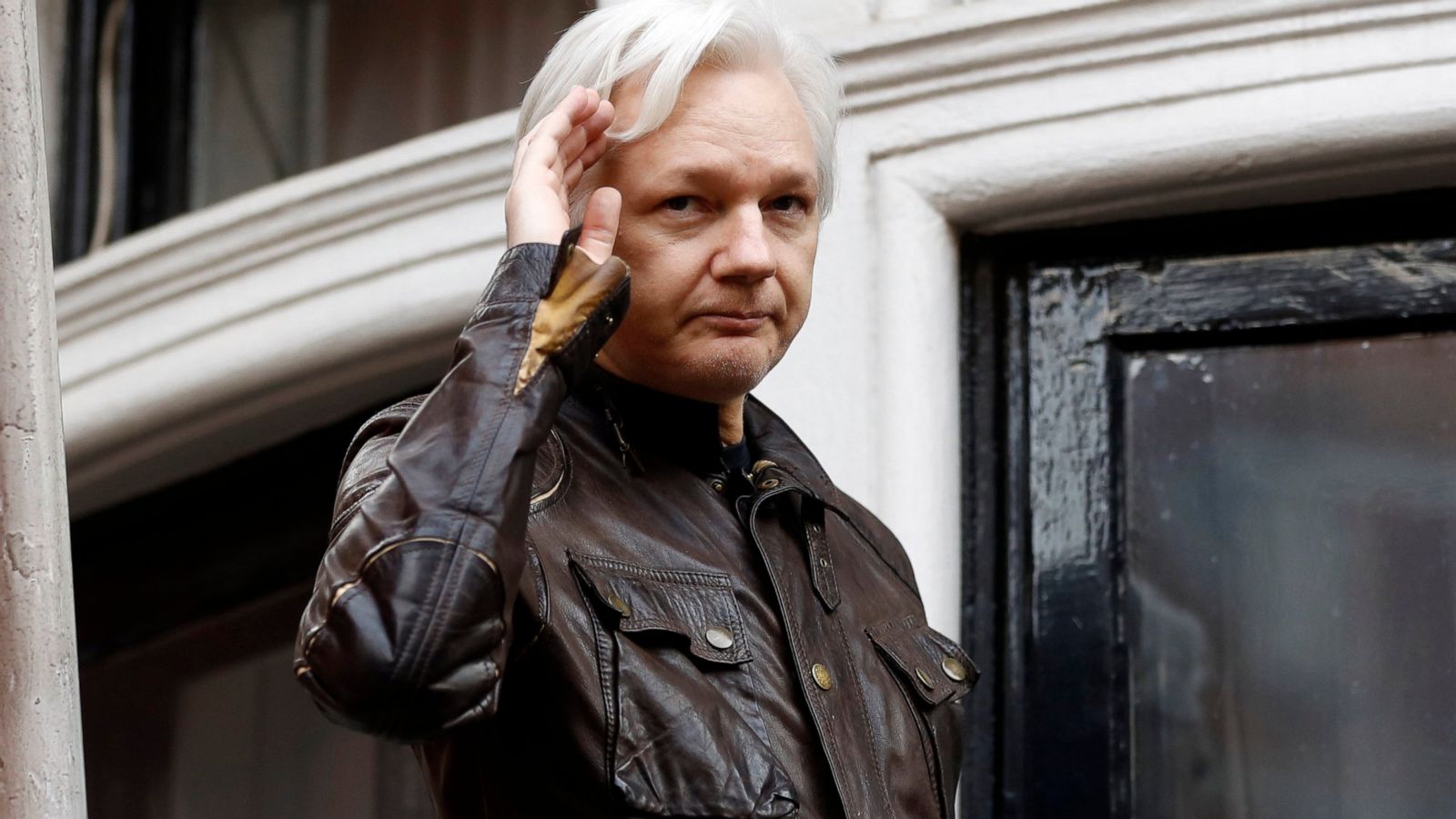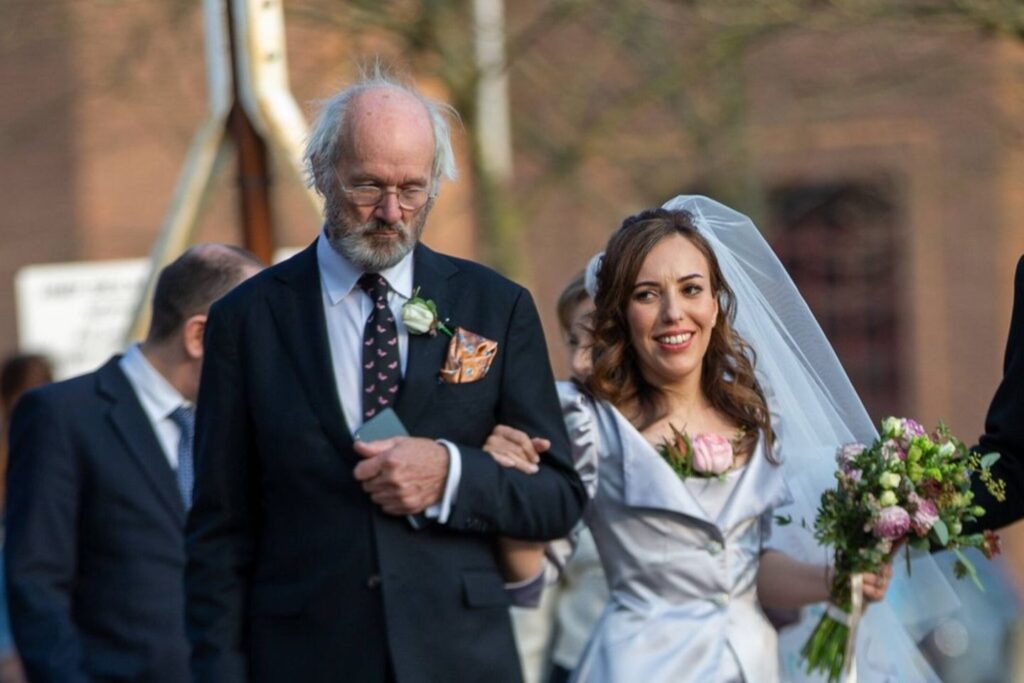
UK gives green light to US extradition of Wikileaks’ founder Julian Assange
The extradition of WikiLeaks‘ founder Julian Assange to the United States to face spying charges was ordered by the British government on Friday, marking a turning point in the decade-long legal odyssey. WikiLeaks has announced it will appeal the order and has 14 days to do so.
Priti Patel, the Home Secretary, signed the order enabling Assange’s extradition to the United States, where he faces accusations related to WikiLeaks’ release of a massive trove of confidential material. After a British judge determined in April that Assange might be extradited to the United States, where he faces 17 counts of espionage and one count of computer misuse, the judgment was referred to Patel. According to US authorities, Assange illegally assisted US Army intelligence analyst Chelsea Manning in stealing sensitive diplomatic cables and military data, which WikiLeaks eventually published, endangering lives.
The Home Office said in a statement that “the UK courts have not found that it would be oppressive, unjust or an abuse of process to extradite Mr. Assange,” and so the government had to approve the extradition. “Nor have they found that extradition would be incompatible with his human rights, including his right to a fair trial and to freedom of expression, and that whilst in the US he will be treated appropriately, including in relation to his health,” it said.
Supporters and lawyers for Assange, 50, claim that he was operating as a journalist when he published papers that showed US military misbehavior in Iraq and Afghanistan, and that he is entitled to First Amendment freedom of speech rights. They claim that his lawsuit is politically motivated and that he will be unable to receive a fair trial in the United States.
“Today is not the end of the fight. It is only the beginning of a new legal battle,” said Assange’s wife, Stella Assange. She said the UK decision marked “a dark day for press freedom and for British democracy.” “Julian did nothing wrong,” she said. “He has committed no crime and is not a criminal. He is a journalist and a publisher, and he is being punished for doing his job.”
In April, a British judge approved the extradition, leaving the government to make the final decision. The decision came after a legal battle that went all the way to the Supreme Court of the United Kingdom.
The extradition request was initially denied by a British district court judge, who said that Assange would kill himself if he were kept in the United States’ severe jail circumstances. The WikiLeaks founder would not be subjected to the harsh treatment that his lawyers claimed would jeopardize his physical and mental health. The High Court and Supreme Court of the United Kingdom overturned the lower court’s decision because of these assurances. Human rights and journalism organizations have urged the UK to reject the extradition request. According to Assange’s lawyers, if he is convicted in the United States, he could face a term of up to 175 years in prison, however American authorities have stated that any sentence will most likely be far less.
Amnesty International Secretary General Agnes Callamard said Friday that extraditing Assange “would put him at great risk and sends a chilling message to journalists the world over.”
“If the extradition proceeds, Amnesty International is extremely concerned that Assange faces a high risk of prolonged solitary confinement, which would violate the prohibition on torture or other ill-treatment,” she said. “Diplomatic assurances provided by the US that Assange will not be kept in solitary confinement cannot be taken on face value given the previous history.”
Since 2019, when he was detained for skipping bail during a separate legal struggle, Assange has been held at Britain’s high-security Belmarsh Prison in London. He had previously spent seven years at the Ecuadorian Embassy in London, attempting to evade extradition to Sweden, where he was accused of rape and sexual abuse.
Since so much time had passed, Sweden decided to end its sex crimes inquiry in November 2019.

During his tenure at the Ecuadorian embassy, he fathered two children with his now-wife, whom he married in March in a small ceremony attended by only four guests, two official witnesses, and two guards at Belmarsh high-security prison in east London.
He can file an appeal at London’s High Court, which must approve a challenge before it can proceed. He has the option of taking his case to the Supreme Court of the United Kingdom. However, if Assange’s appeal is denied, he must be extradited within 28 days.
